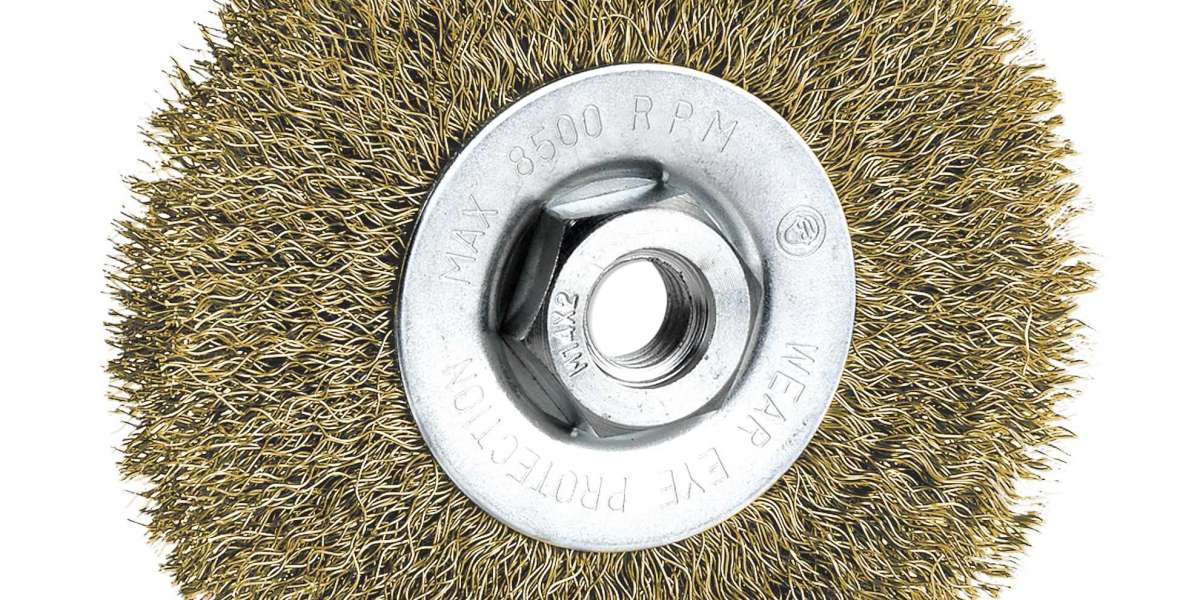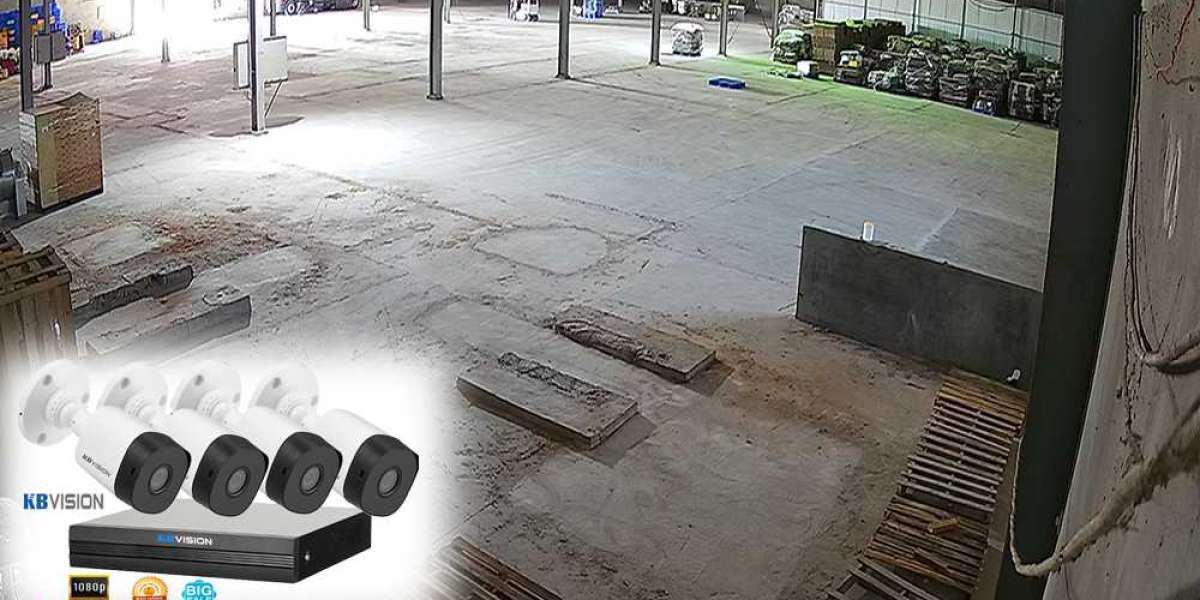Wire brushes are versatile tools used across many industries for tasks such as cleaning, deburring, rust removal, and surface preparation. Whether you're in metalworking, woodworking, or construction, wire brushes come in handy for various applications. This guide will cover everything you need to know about wire brushes, including their types, uses, and how to choose the right one for your specific needs.
Types of Wire Brushes
Wire brushes come in different shapes, sizes, and configurations, each suited for specific tasks. Let's explore the most common types:
Hand Wire Brushes
These are manual tools used for tasks like cleaning surfaces, removing rust, and polishing. They come in different wire materials, such as steel, brass, or stainless steel, depending on the application.
Cup Brushes
Cup brushes are round and designed for use with power tools. They are ideal for heavy-duty cleaning and surface preparation. They can be used to remove paint, rust, or corrosion from metal surfaces.
Wheel Brushes
These are circular wire brushes that attach to power tools for precision tasks like polishing, deburring, and surface finishing. They come in various wire densities, making them versatile for different industrial purposes.
End Brushes
End brushes are small, cup-shaped brushes ideal for cleaning tight spaces or hard-to-reach areas. They are often used in metalworking to clean welds and joints.
Twist Knot Brushes
These are heavy-duty brushes where the wires are twisted into tight knots, offering aggressive cleaning capabilities. Twist knot brushes are ideal for tough cleaning jobs, such as removing scale, weld splatter, or heavy rust.
Common Uses of Wire Brushes
Wire brushes are widely used across various industries for the following applications:
- Rust and Paint Removal
Removing rust or paint from metal surfaces is one of the most common applications of wire brushes. The abrasive action of the wires efficiently cleans surfaces without damaging the metal underneath.
- Surface Preparation
Before painting or coating, wire brushes are often used to roughen up surfaces, ensuring better adhesion of the coating material. This is particularly useful in metalworking industries.
- Deburring
After cutting or machining metal parts, sharp edges or burrs can form. Wire brushes are an excellent tool for removing these burrs and smoothing out the surface for further processing.
- Weld Cleaning
Wire brushes are frequently used to clean metal surfaces before and after welding. They help remove oxidation, mill scale, and other contaminants that could affect the quality of the weld.
- Polishing
Soft brass or stainless steel wire brushes are used for polishing metal surfaces, giving them a smooth, shiny finish without scratching the material.
How to Choose the Right Wire Brush
Selecting the right wire brush depends on several factors, including the material you're working on and the task at hand. Here's how you can make the best choice:
Wire Material
- Steel Wire: Ideal for cleaning steel and iron surfaces. It's abrasive enough for tough cleaning tasks.
- Stainless Steel Wire: Best for cleaning non-ferrous metals like aluminum and stainless steel. It won't cause rust or contamination.
- Brass Wire: Softer than steel, brass wires are great for polishing softer metals and avoiding sparks.
Wire Diameter
The diameter of the wire determines the level of abrasion. Thicker wires are more aggressive, making them suitable for heavy-duty tasks, while thinner wires are used for lighter, more delicate applications.
Brush Shape
The shape of the brush depends on the area you need to clean:
- Cup Brushes: Great for large, flat surfaces.
- Wheel Brushes: Ideal for more intricate work like cleaning grooves or tight spaces.
- End Brushes: Perfect for small, hard-to-reach areas.
Power Tool Compatibility
For larger or more labor-intensive tasks, choosing a wire brush that's compatible with power tools like drills or angle grinders will save time and effort.
Maintenance Tips for Wire Brushes
To get the most out of your wire brushes, it's essential to maintain them properly:
- Inspect Regularly: Before use, check for any signs of wear or damage, such as bent or broken wires. Damaged brushes can lead to ineffective cleaning and pose safety risks.
- Clean After Use: After each use, clean the brush by tapping it gently or using compressed air to remove debris. This prevents the buildup of dirt and ensures the brush remains effective for future tasks.
- Store Properly: Always store wire brushes in a dry environment to prevent corrosion, especially for steel wire brushes.
If you are searching for reliable suppliers, it's essential to partner with experienced and trusted ones. You can find a dependable round wire brush supplier for top-quality products that meet your industrial needs.
Conclusion
Wire brushes are essential tools in various industries due to their versatility and durability. From removing rust and paint to preparing surfaces and polishing, wire brushes are indispensable for many tasks. By understanding the different types of wire brushes, their uses, and how to select the right one, you can maximize the effectiveness of your work and extend the life of your equipment. Whether you need manual or power-tool-compatible brushes, choosing the correct type will help you achieve your goals efficiently.








